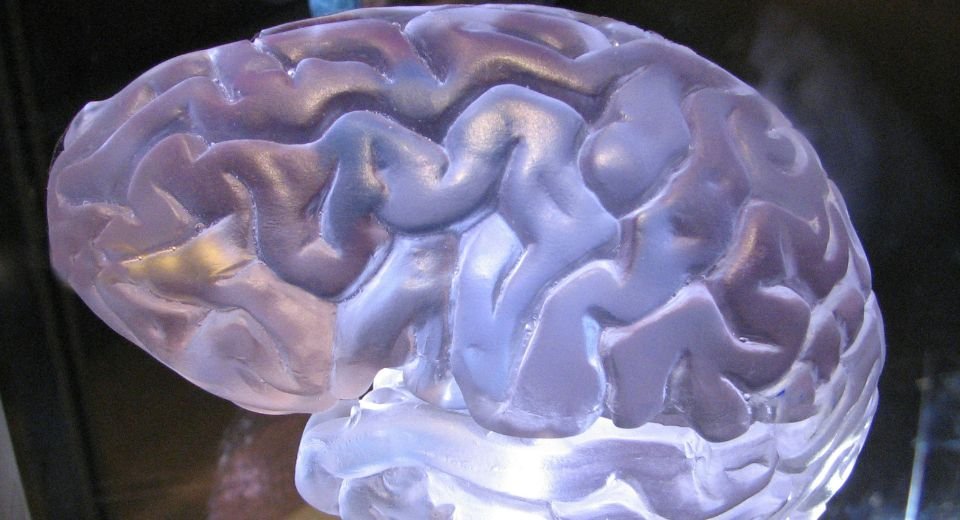HQ Team
August 17, 2024: A new study reveals that one in four patients suffering from brain injury show some cognitive function during brain scans.:
The study assessed 241 individuals with severe brain injuries across multiple sites in the U.S., U.K., and Europe over 15 years.
Participants underwent functional MRI (fMRI) and electroencephalography (EEG) while instructed to imagine specific movements. This approach aimed to detect covert cognitive responses despite apparent unresponsiveness.
The study authors said that the patients demonstrated cognitive motor dissociation, where one understands language, remembers instructions and can sustain attention, even if unable to respond. For these patients, cognitive (i.e., thinking) abilities exceed and are therefore dissociated from motor abilities.
“Some patients with severe brain injury do not appear to be processing their external world. However, when they are assessed with advanced techniques such as task-based fMRI and EEG, we can detect brain activity that suggests otherwise,” said lead study author Yelena Bodien, PhD, an investigator for the Spaulding-Harvard Traumatic Brain Injury Model Systems and Massachusetts General Hospital’s Center for Neurotechnology and Neurorecovery. “These results bring up critical ethical, clinical, and scientific questions – such as how can we harness that unseen cognitive capacity to establish a system of communication and promote further recovery?”
Cognitive motor dissociation
Brain injuries can lead to coma, a vegetative state or prolonged unconsciousness. Evidence of cognitive motor dissociation in individuals with disorders of consciousness was discovered nearly two decades ago. They found that nearly 15 to 20 percent of such patients responded to instructions. The current study suggests it could be present in 25 percent of patients, or even more.
The researchers found that multiple tests such as fMRI and EEG may be required to ensure consciousness is not missed.
In addition to the 241 participants who did not respond to simple instructions, the research included 112 participants who did respond to simple instructions. This latter group would be expected to perform well on the fMRI and EEG tests, but researchers did not detect brain responses in 62 percent of those participants. The authors note that this finding may reflect the complexity of the fMRI and EEG tasks.
Just knowing that somebody is cognitively aware and more capable than is immediately apparent, can alter their clinical care substantially. “Families have told us that once a positive test result revealing cognitive motor dissociation is shared with the patients’ clinical team, it can change the way that the team interacts with their loved one,” Bodien said. “Suddenly, the team is paying more attention to subtle behavioral signs that could be under volitional control, or speaking to the patient, or playing music in the room. On the other hand, failing to detect cognitive motor dissociation can have serious consequences, including premature withdrawal of life support, missed signs of awareness, and lack of access to intensive rehabilitation.”
Ethical dilemma
The results raise important ethical questions regarding patient care. Awareness of CMD can significantly alter clinical interactions, prompting healthcare teams to engage more actively with patients, potentially improving their quality of care and rehabilitation opportunities
One limitation of the study was that the researchers did not employ any standard testing at the various sites creating variability within the data. Moreover, there are no professional guidelines that stipulate how cognitive motor dissociation should be assessed . “To continue our progress in this field, we need to validate our tools and to develop approaches for systematically and pragmatically assessing unresponsive patients so that the testing is more accessible”, said Bodien.
The study is available in the New England Journal of Medicine.



